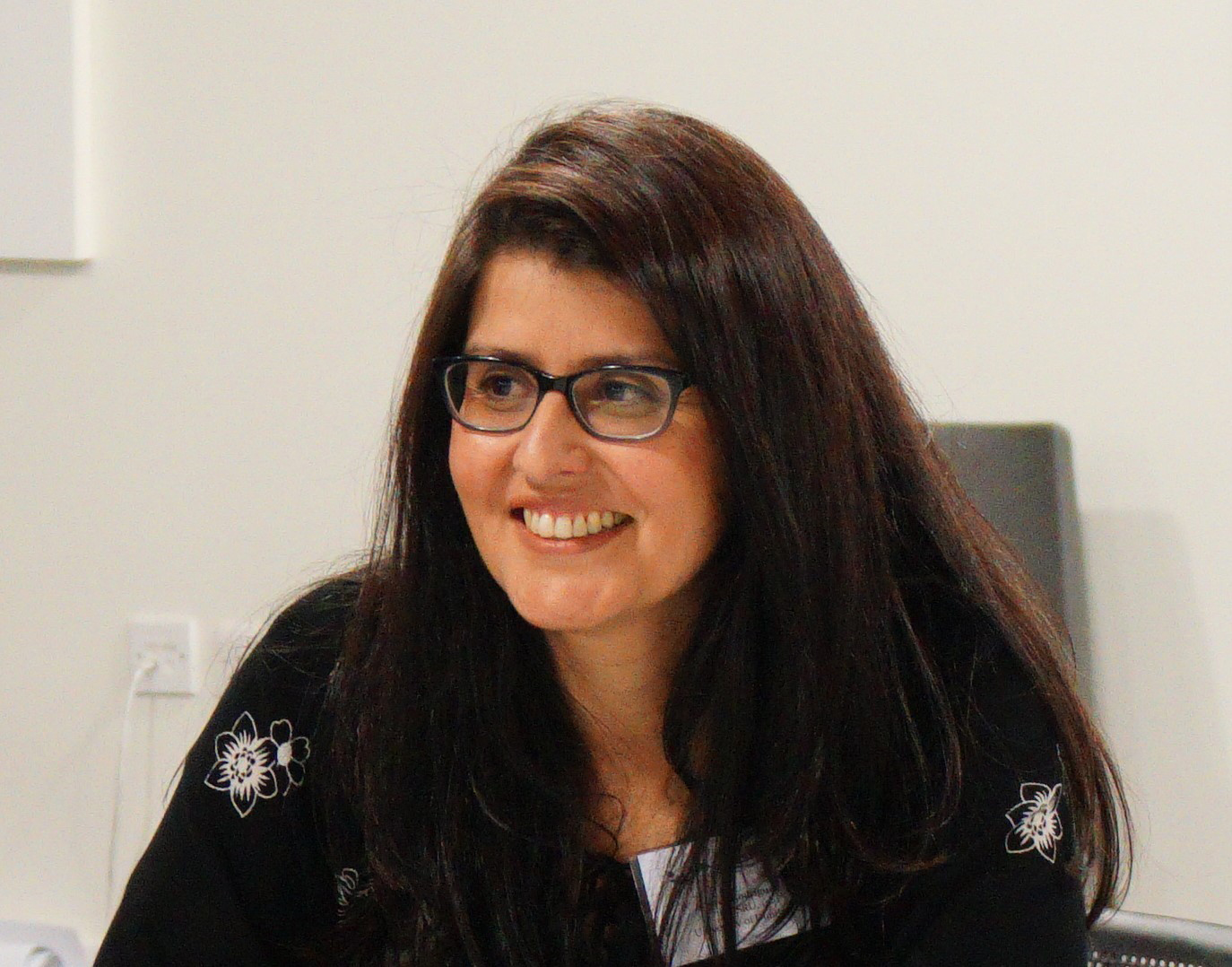Increased risk of homelessness among unseen consequences of Covid, UN told
The Covid-19 pandemic has exposed more people to the health pitfalls and stigmas associated with poverty and homelessness, University of Dundee experts have told the United Nations.

Dr Andrea Rodriguez
Academics from the University’s School of Dentistry and School of Education and Social Work have responded to a call from the organisation to highlight good practice in the prevention of housing discrimination and segregation.
The submission comes as the UN marks the 20th year of its continuing study into the provision of housing by nation states, and its role in providing an adequate standard of living for citizens.
However, Dr Andrea Rodriguez, a lecturer in Dental Public Health, said that the goal to ensure a suitable standard of housing for all has been exacerbated by the global impact of Covid-19.
“Living in poverty causes a wide range of health and social problems, such as low levels of education, social isolation, domestic violence, mental health disorders, poor oral health, bad nutrition, and lack of participation in society,” she said.
“Another consequence is the increased risk of homelessness, which has been particularly true throughout the pandemic.
“Lockdown has seen increased strain placed on support services as people who were sofa surfing or living in overcrowded or dangerous domestic circumstances were forced to access these for the first time. That was in addition to those people who faced financial hardship after being made unemployed or placed on furlough.
“These were unprecedented circumstances that have reinforced the link between a safe and stable domestic situation and an individual’s health.
“The rights to health and housing are widely recognised through instruments such as the Universal Declaration of Human Rights, but seldom have the intrinsic links between the two been highlighted as in the past year.”
Since it was established, the mandate of the UN Special Rapporteur on the right to adequate housing has contributed to the development of guidance on issues such as forced evictions and security of tenure.
However, global progress has been limited, while the percentage of the urban population living in what are described as “informal settlements with insufficient security or tenure” has grown.
To address this, Dr Rodriguez and colleagues at Dundee, utilising research conducted in Scotland and Brazil, have developed a new framework to improve integration and communication between health and social care services. To help address the stigma linked to poverty and homelessness, the Dundee team suggest that priority be given to investment in services that prevent homelessness.
“Only through meaningful collaboration and partnerships can we identify and address the needs of people at risk or already experiencing homelessness,” added Dr Rodriguez.
“Academic programmes in partnership with housing, health, and community organisations have been pivotal in elevating the voices of people who have experienced these hardships.
“Utilising these experiences is a key element in ensuring their views and thoughts are reflected in policy and practice and ensuring that these people feel included, listened to and trusted.”









